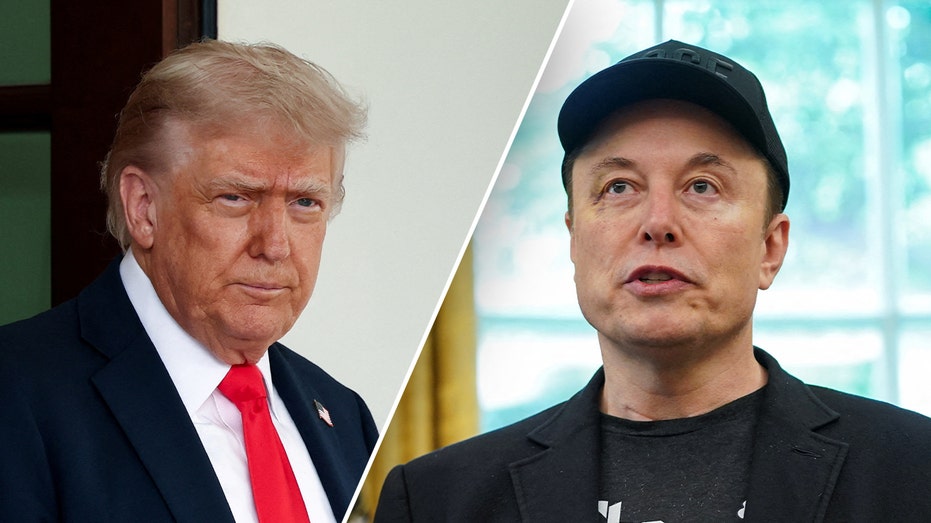House Budget Chairman Clarifies Absence of 'Pork' in Trump Tax Bill Amid Elon Musk's Criticism
House Budget Chairman Jodey Arrington clarifies why "pork barreling" is traditionally avoided in the reconciliation process.

The debate over the House GOP’s sweeping budget reconciliation bill intensified this week, with Budget Committee Chairman Jodey Arrington, R-Texas, defending the legislation against criticisms from tech billionaire Elon Musk. Musk had labeled the package as being filled with "pork," a claim Arrington categorically rejected by emphasizing the unique nature of the budget reconciliation process.
Arrington underscored that budget reconciliation bills cannot contain earmarks or discretionary spending—the traditional vehicles for so-called “pork barrel” projects. “Reconciliation does not have anything to do with discretionary spending – earmarks, and all of that,” Arrington said, referencing findings that pork spending is primarily associated with the annual appropriations process and not with the mandatory spending reforms pursued in this bill.
Mandatory spending, the core focus of reconciliation, covers federal programs such as welfare, health care, and entitlement benefits, along with modifications to the tax code. As Arrington explained, “We’re dealing with mandatory spending programs – entitlements, health care, welfare and the tax code.” He added that the committee’s goal was to promote growth and security “in a fiscally responsible way” without adding superfluous federal outlays directed at individual congressional districts.
Senior White House adviser Stephen Miller echoed these assertions, posting on X that the bill “cuts taxes, seals the border and reforms welfare. It is not a spending bill. There is no ‘pork.’ It is the campaign agenda codified.” This sentiment aligns with the legislative intent of extending Trump-era tax cuts, particularly those enacted under the 2017 Tax Cuts and Jobs Act, while introducing major changes like eliminating taxes on tips and overtime pay—provisions the House GOP touts as pro-growth and pro-worker.
The $4 trillion proposal also includes measures to raise the debt limit and strengthen U.S. border enforcement, with new funding earmarked for Immigration and Customs Enforcement (ICE) and security initiatives. To pay for these priorities, House Republicans propose stricter work requirements for Medicaid and food stamp recipients and a greater burden on states for administering these programs. Additionally, the legislation targets green energy tax credits established under President Biden’s Inflation Reduction Act, seeking to roll back those subsidies.
Despite these assurances from Republican leaders, critics like Elon Musk remain skeptical. Musk has voiced concerns about the legislation’s overall impact on the national debt, which is now approaching $37 trillion. He has called for the elimination of both Trump’s tax cuts and any increases to the debt ceiling embedded in the current package. Musk’s advocacy included amplifying social media calls to “drop the tax cuts, cut some pork, get the bill through,” and supporting Senator Rand Paul’s effort to strip the debt limit hike from the bill entirely.
Fiscal hawks share Musk’s apprehension, arguing that the legislation’s spending reforms do not go far enough. The nonpartisan Congressional Budget Office projects the bill would reduce taxes by $3.7 trillion, but in doing so, it would also increase federal deficits by $2.4 trillion over the next decade—a figure intensifying the ongoing debate within Congress and among the American public over fiscal responsibility and budgetary priorities.




